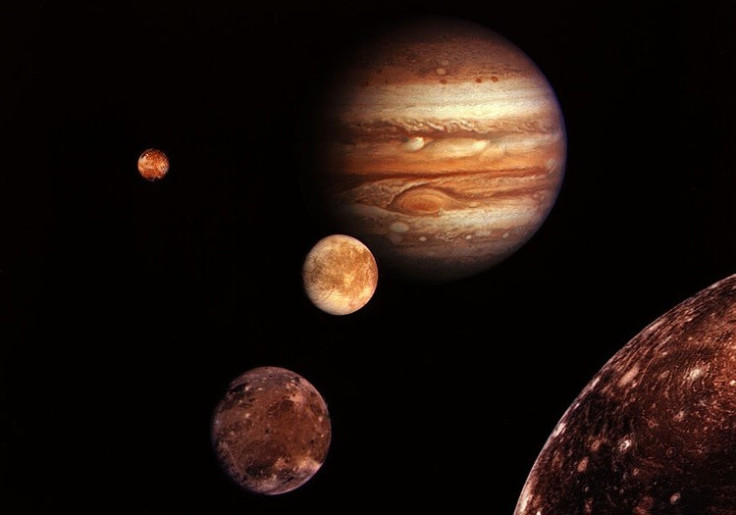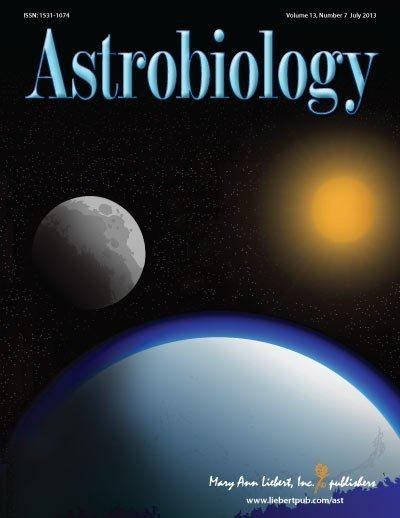Nasa to Launch Search for Aliens on Jupiter’s Ice-Covered Moon Europa

Jupiter's ice-covered moon Europa is the most likely place in the solar system to host life and a mission is to be launched to search for aliens, Nasa scientists have said.
The US space agency has commissioned a team of experts to consider the scientific goals for a landed spacecraft mission to the surface of Europa.
While the mission launch would be several years away, the team says the it has the potential to lead to the discovery of extraterrestrial life.
The article 'Science Potential from a Europa Lander', published in Astrobiology, looks at three main goals from a future mission to Jupiter's moon, where a robotic spacecraft would be landed on its surface, similar to the mission to Mars launched 10 years ago.
Nasa's Science Definition Team will look to investigate the composition and chemistry of the moon's ocean, look at its thickness, uniformity and dynamics of its shell and examine Europa's surface geology.
Robert Pappalardo, from Nasa's Jet Propulsion Laboratory, which contributed to the article, said: "Landing on Europa and touching its surface is a visionary goal of planetary science.
"This is a difficult technical challenge that is probably many years away. Understanding the key scientific questions to be addressed by a future Europa lander helps us to focus on the technologies required to get us there, and on the necessary data that might be attained by a precursor mission that could scout out landing sites.

"Europa is the most likely place in our solar system beyond Earth to have life today, and a landed mission would be the best way to search for signs of life."
Christopher McKay, the editor of Astrobiology and scientist at Nasa's Ames Research Chentre, added: "Landing on the surface of Europa is a key step in the astrobiological investigation of that world.
"The paper outlines the science that could be done by such a lander. The hope would be that surface materials, possibly near the linear crack features, include biomarkers carried up from the ocean."
Europa was discovered by Galileo Galilei in 1610 and is the sixth closest moon to Jupiter out of the planet's 67.
Earlier this year, a report by Mike Brown, an astronomer at the California Institute of Technology, and Kevin Hand from NASA's Jet Propulsion Laboratory, said Europa's salty ocean beneath its frozen surface suggests there is a chemical exchange between the ocean and surface, making it a rich chemical environment.
"If we've learned anything about life on Earth, it's that where there's liquid water, there's generally life," Hand said. "And of course our ocean is a nice, salty ocean. Perhaps Europa's salty ocean is also a wonderful place for life."
© Copyright IBTimes 2025. All rights reserved.






















